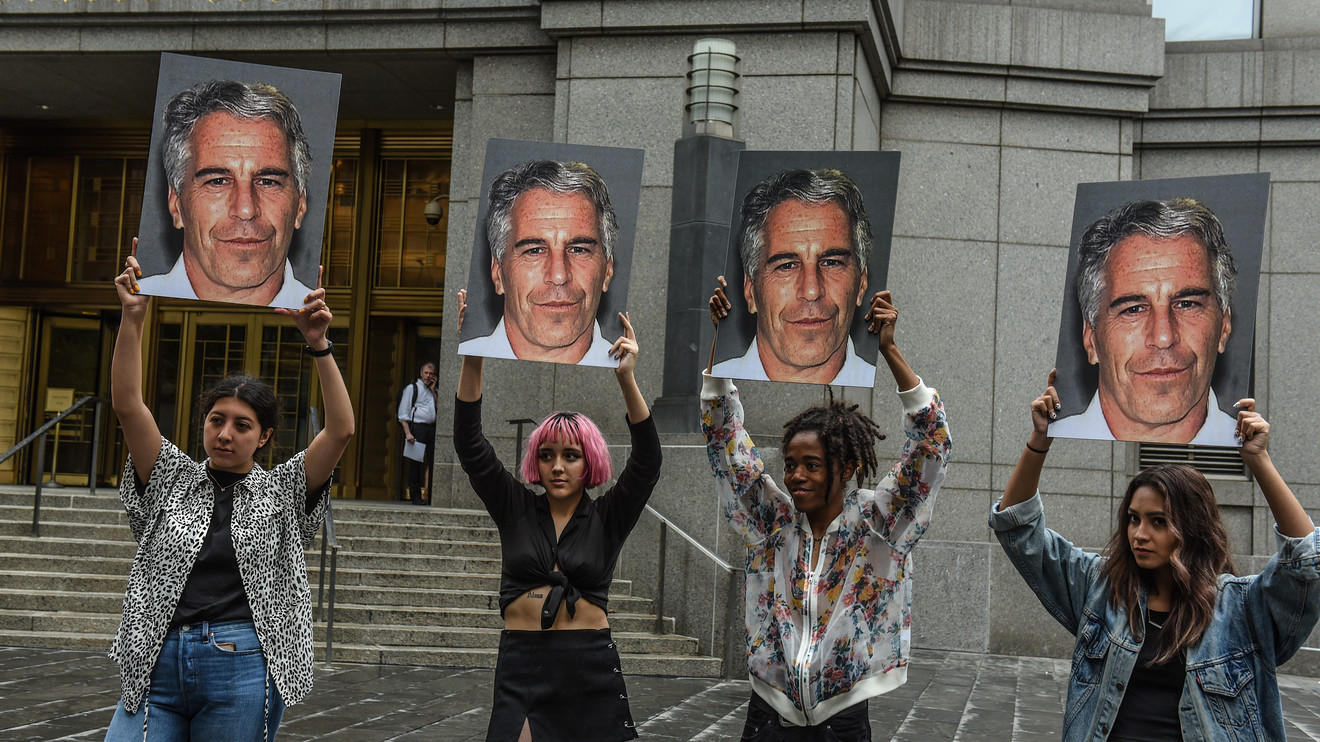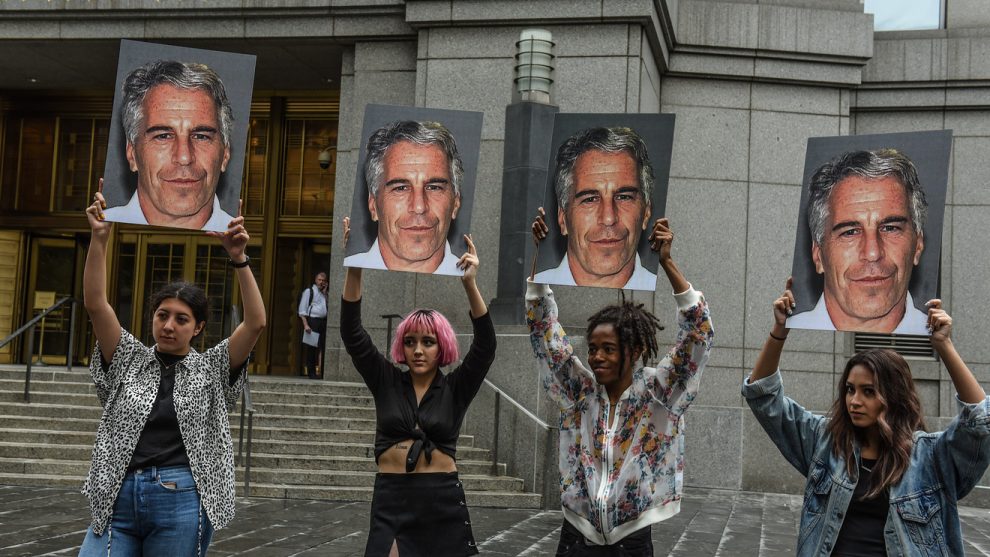
The arrest of billionaire Jeffrey Epstein on sex trafficking charges has renewed questions on whether Harvard University should give back millions he donated to the school more than a decade ago.
Epstein, 66, was charged Monday with sexually abusing dozens of girls, some as young as 14, and allegedly paying some victims to recruit other young girls. Epstein pleaded not guilty. His defense attorneys have argued the allegations were settled in Florida in 2008, the Associated Press reported, with one lawyer calling the charges “ancient stuff.” Epstein signed a secret plea agreement with Florida prosecutors in 2008 that his victims were never told about.
‘If your organization has ever received funding from Epstein or associated entities, you should step forward today in light of these charges and participate in an open process of deciding how to participate in the necessary healing.’
When Epstein was first charged in 2006, a Harvard spokesman said the school would keep $6.5 million he had given the school in 2003 to launch “a mathematical biology and evolutionary dynamics program,” the school’s Harvard Crimson newspaper reported. The donation was one of several interactions Epstein has had with the school over the years.
“Mr. Epstein’s gift is funding important research using mathematics to study areas such as evolutionary theory, viruses, and cancers,” a spokesman told the Crimson in 2006. “The University is not considering returning this gift.”
The new charges have observers asking again whether the school would give back the money.
“Why should even a single dollar of Epstein’s money fund high-class intellectual exploits at Harvard before every single victim has been paid a just settlement, whatever that may be?,” Anand Giridharadas, a critic of philanthropy and author of “Winners Take All: The Elite Charade of Changing the World,” on Twitter TWTR, +1.69% He added, “If your organization has ever received funding from Epstein or associated entities, you should step forward today in light of these charges and participate in an open process of deciding how to participate in the necessary healing.”
A spokesman for the university told MarketWatch on Tuesday that Harvard doesn’t comment on “individual gifts or their status.” While news reports at the time said Epstein had pledged to give a total of $30 million in 2003, the university could only confirm that it received $6.5 million.
Don’t miss: Amazon donates $3 million to Virginia homeless group as HQ2 pushes home prices up 17%
Epstein, who never graduated from college but briefly taught calculus at Manhattan’s prestigious Dalton School, has had a hand in a variety of philanthropic efforts. He operated a private foundation called Gratitude America, Ltd. that donated money to a range of causes including cancer research, Elton John’s AIDS charity, and a think tank called The International Peace Institute, the Daily Beast reported. That foundation also gave money to Harvard-related groups.
Another charity run by Epstein, the C.O.U.Q. Foundation, donated $25,000 to the Clinton Foundation, according to the Daily Beast. (The Clinton Foundation, International Peace Institute and Elton John AIDS Foundation did not respond immediately to requests for comment.)
There’s new scrutiny of philanthropy
The controversy over Epstein’s charitable work comes amid growing public debate over the philanthropic activities of America’s wealthy. Some critics say their charitable gifts sometimes distract the public from less-than honorable behavior or ill-gotten gains.
Major museums have said they’ll no longer take money from the Sackler family, the owners of OxyContin maker PurduePharma, which is facing multiple lawsuits alleging their company misled the public about the dangers of opioids. The Sacklers have said the allegations are “false” and Teresa Sackler, chair of The Sackler Trust, said in a statement she was proud to support arts and science groups. She said press scrutiny over nonprofits accepting her family’s money was hurting those groups’ worthwhile missions.“This attention is distracting them from the important work that they do,” she said.
Colleges and universities have returned other donors’ money
Some schools have returned money after donors’ reputations have taken a hit. In 2017, the University of Southern California rejected a $5 million pledge that Hollywood producer Harvey Weinstein had promised the school after allegations of his sexual misconduct with dozens of women came to light. (Weinstein has denied the allegations; his case is expected to go to trial in September.)
Spelman College, the prestigious historically black college for women in Atlanta, stopped funding a professorship that had been paid for by a $20 million endowment from Bill Cosby and his wife in 2015 after rape allegations against the comedian resurfaced. (He was found guilty of three counts of aggravated indecent assault last year and sentenced to three to 10 years in prison.)
And the University of Alabama recently returned $26 million — its biggest donation ever — after donor Hugh Culverhouse, Jr. publicly criticized the state’s new abortion laws.





